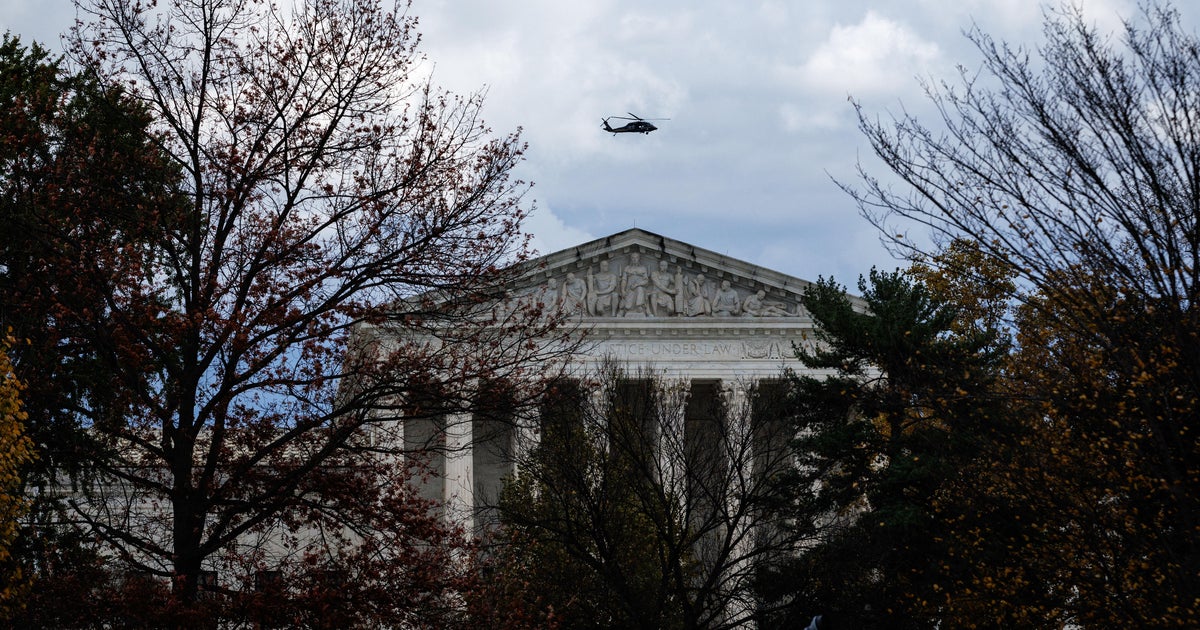Weight Watchers diet app collected data on kids as young as 8, FTC says
WW International — formerly known as Weight Watchers — and a subsidiary used a diet app to illegally collect personal data on children as young as eight, the Federal Trade Commission said Friday.
In a complaint filed by the Department of Justice on behalf of the FTC, regulators allege that the app collected children's names, email addresses and birth dates without their parents' consent. That's a violation of the Children's Online Privacy Protection Act, or COPPA, which requires apps, websites and online services that target kids to obtain a parent's permission before gathering, using or disclosing personal information from children under 13.
Until late 2019, users of the Weight Watchers app could sign up for the service by indicating online that they were a parent signing up their child or someone over the age of 13, the FTC said. A settlement order requires WW and its Kurbo unit to pay a $1.5 million penalty and delete sensitive health information.
"Our order against these companies requires them to delete their ill-gotten data, destroy any algorithms derived from it and pay a penalty for their lawbreaking," FTC Chair Lina Khan said in a statement.
Weight Watchers — the diet company around since the 1960s — acquired technology startup Kurbo Health in 2018. They released a health and wellness app, Kurbo by WW, in 2020 for kids between 8 and 17. The launch proved controversial, with eating disorder researchers, therapists and pediatricians among those concerned it would further stigmatize heavier children.
The company allegedly encouraged younger users to falsely claim they were older than 13 to bypass a requirement that parents have to consent before data is compiled on their preteens.
"From 2014 to 2019, hundreds of users who signed up for the app claiming to be over the age of 13 later changed their birthdates on their profiles to indicate they were really under 13," according to the government's complaint. These users continued to have access to the app until FTC staff contacted the companies, the agency stated.
The signup option for kids was revised in 2020 but problems with children being able to bypass the age restriction continued, the FTC added.
Kurbo disputed breaking the rules protecting children's online privacy, saying it took prompt action to fix possible compliance gaps once notified by the FTC.
"At no time did Kurbo ever target children with advertising, sell data to third parties or otherwise monetize its users in any way, and no parents or children ever complained that Kurbo used their personal data in an inappropriate manner," Michael Colosi, general counsel at Kurbo, said in an email to CBS MoneyWatch.
The settlement, approved by a federal judge in California on Thursday, is not an admission of wrongdoing but a reflection of "Kurbo's desire to focus on its business and its mission of continuing to help families and children in a safe and protected environment," Colosi added.
The financial penalty for WW and Kurbo pales in comparison to a $170 million fine levied against Google in 2019 after the FTC alleged that YouTube violated COPPA in delivering targeted ads to kids.
The American Academy of Pediatrics in 2016 released a report advising against talking about weight or the need to lose extra pounds to children and adolescents. Research has found that such conversations can increase the chances of developing an eating disorder or gaining weight later on, the medical group noted.



